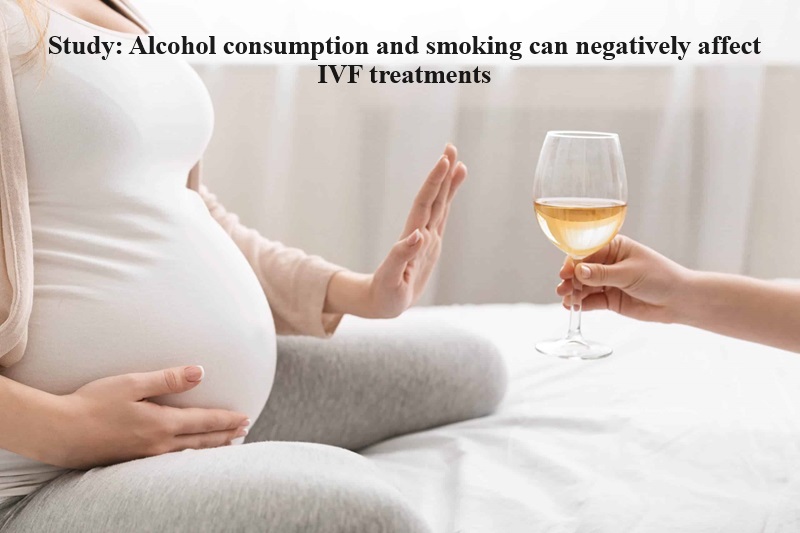
Are you considering undergoing IVF treatment? Are you also engaging in regular alcohol consumption and smoking? If so, it’s crucial to recognize that this combination may not be conducive to your fertility goals. Allow us to elaborate on how alcohol and smoking can adversely affect your fertility, and why it is advisable to bid farewell to these habits if you are planning to undergo IVF treatment.
Embarking on the journey towards parenthood can be a mix of anticipation and stress, especially for couples encountering challenges with natural conception. Recent advancements in medical science have made assisted reproductive technologies like In vitro fertilization (IVF) more accessible and effective. Nevertheless, the success of IVF can be influenced by various factors, with alcohol consumption, smoking, and substance abuse being significant contributors.
Alcohol intake can disrupt hormone levels in both men and women, potentially impacting fertility. In women, alcohol has the potential to disturb the delicate balance of essential hormones such as estrogen and progesterone, critical for successful conception and implantation. In men, excessive alcohol consumption can lead to a reduction in testosterone levels and a decline in sperm quality.
Maintaining optimal ovarian function is crucial for women undergoing IVF, and alcohol has been demonstrated to harm this function, potentially diminishing both the quality and quantity of eggs. Consuming alcohol during pregnancy is known to heighten the risk of miscarriage and birth defects. Therefore, it is recommended to abstain from alcohol when attempting to conceive, whether through IVF or natural methods.
Heavy drinking in women can disrupt the menstrual cycle, impede hormone regulation, and elevate the risk of infertility. In men, alcohol abuse may result in diminished testosterone levels, impaired sperm production, and reduced sperm quality. Additionally, alcohol consumption during pregnancy poses serious risks to the developing fetus, potentially leading to various developmental disorders.
While the adverse health effects of tobacco use are well-documented, its impact on fertility is often underestimated. Smoking can interfere with ovarian function in women, causing harm to reproductive organs and increasing the risk of miscarriage. In men, tobacco use is associated with decreased sperm quality and quantity, as well as an elevated risk of erectile dysfunction. Furthermore, exposure to second-hand smoke has been linked to detrimental effects on reproductive health. Considering these implications, reconsidering alcohol consumption and quitting smoking are crucial steps for individuals pursuing IVF treatment to enhance their chances of success.

Post Your Comments